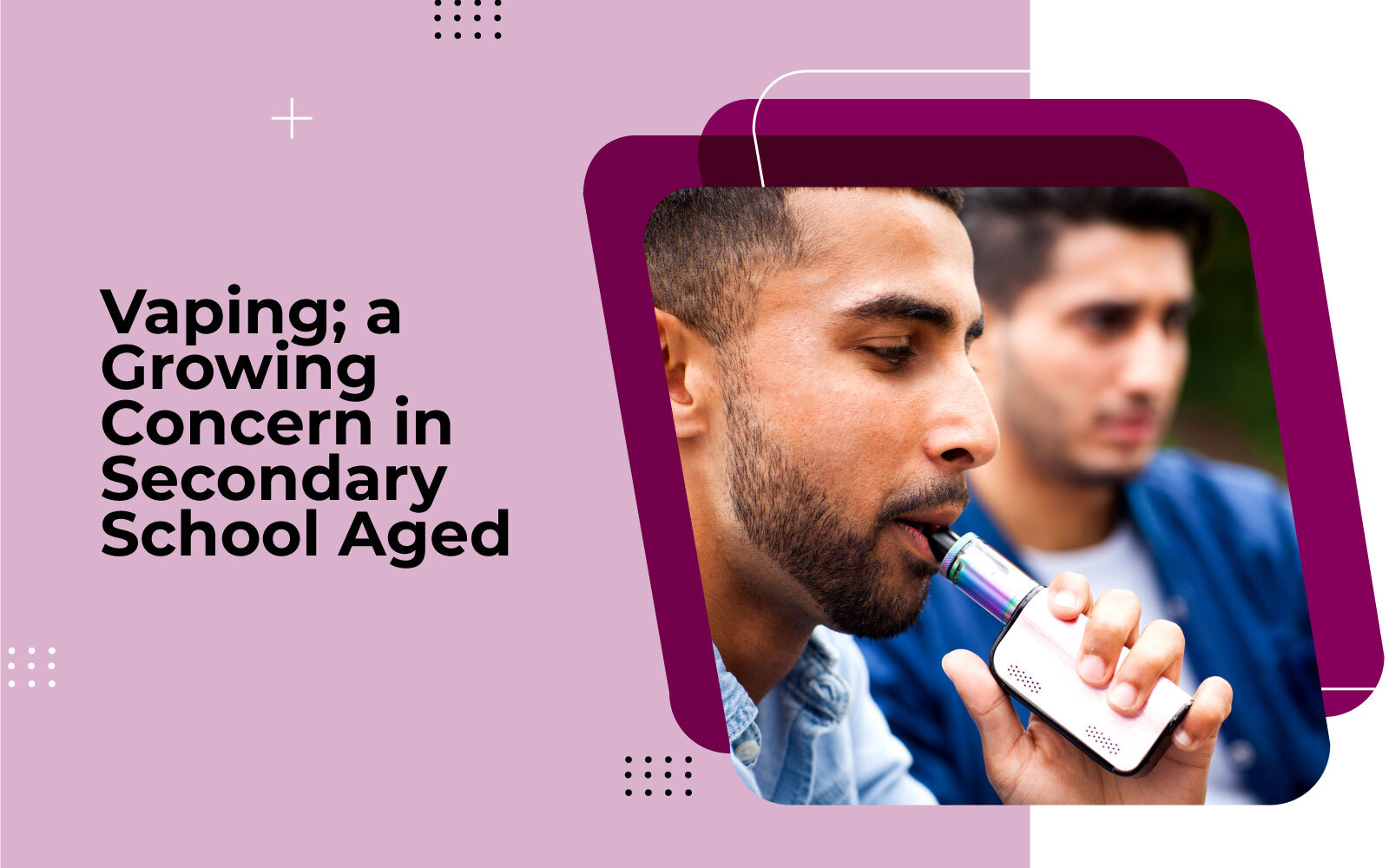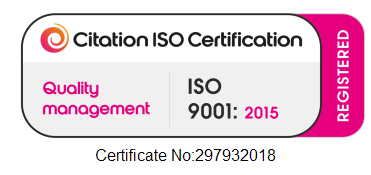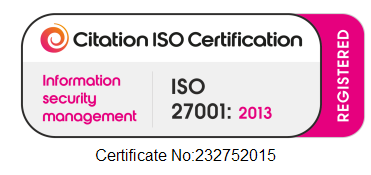
19 Jul 2022
Vaping; a Growing Concern in Secondary School Aged Children
In recent years, it has become less common to see people smoking cigarettes with the government aiming for less than 5% of the population to smoke by 2030. Shops having to alter displays to keep cigarettes out of sight, millions being spent on national campaigns on the dangers of smoking, including horrific pictures on packaging, combined with the overall expense of smoking, are all factors contributing to fewer smokers in the UK.
But whilst smoking cigarettes is declining, alternatives such as e-cigarettes and vapes are on the rise, and health issues linked to these products are beginning to present themselves. Alarmingly, teenagers as young as 15 have been able to buy vaping products from shops in the UK, and teachers are reporting that vaping is fast becoming a problem in schools.
Why is Vaping Appealing to Teenagers?
Although vaping was initially marketed as a tool for quitting smoking, much like a nicotine patch or gum, the brightly coloured packaging and sweet flavours have made it a new trend amongst secondary school aged children.
Dr Max Davie from the Royal College of Paediatrics and Child Health says, “vaping is far from risk-free and may be addictive. We must make efforts to stop children and young people picking up and using these products.” Experts are also calling out for plain packaging to be mandatory and rules to be tightened around how vapes are marketed.
Shocking Stats from the BBC
A report by the BBC reveals some quite shocking statistics around teens and vaping. “A recent survey by health charity ASH suggests nearly a third of 16 and 17-year-olds have tried vaping, and 14% are currently vapers. Among 11-17-year-olds, 7% are vaping - up from 4% in 2020.”
What’s more frightening still is the fact that illegal and unregulated products are being sold online and in shops. “The BBC has been told of a rise in complaints to Trading Standards over illicit vapes and shops selling them to children - increasing from dozens each month last year to hundreds per month in 2022, with thousands of counterfeit and unregulated products being seized.”
What are the Vaping Regulations in the UK?
The UK regulates vaping products to ensure they are as safe as possible to users. The regulations include:
- 600 puffs limit
- Highest nicotine strength 20mg/ml
- Maximum tank size 2ml
- Largest refill bottle volume 10ml
- Certain ingredients such a caffeine and taurine are banned
Products that contain higher nicotine content or more than 600 puffs are not legal in the UK and therefore have not been vetted for safety.
A Problem in Schools
Secondary school teachers are also concerned about the growing trend amongst their students: “A recent survey of 3,000 found half have caught a pupil vaping in school in the last year, and one in five teachers said they'd caught a pupil as young as 11 with a vape,” says the BBC.
Chief executive of charity ASH Deborah Arnott believes more needs to be done by social media platforms to stop glamorising the use of vapes saying it is “completely inappropriate” and calling for them to take responsibility and “turn off the tap.” Platforms such as TikTok and Instagram are mostly used by teenagers who can be easily influenced by content of those they look up to on social media.
What is Being Done?
The Department of Health has said that vapes should only be used as a quitting smoking aid and non-smokers and children should not use them at all. "Proportionate regulations for all vape products relating to product safety, labelling and restrictions on advertising" have been put in place and schools have the power to confiscate vapes and ban them from their premises entirely.
According to the BBC, “a government report on vaping among young people and adults in England is due to be published in the coming months” which will contain more data and any further regulations surrounding the production and sale of vapes.






